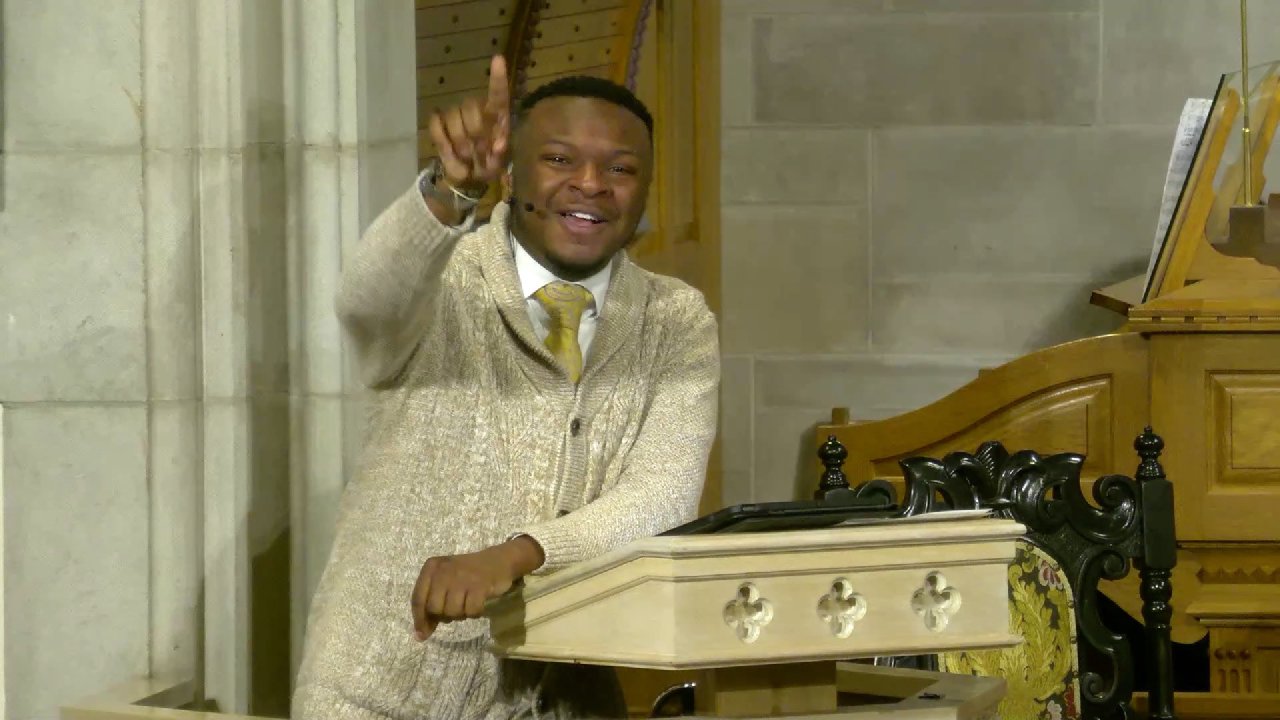It may seem elementary, but I want to start our reflection today with a question, have you ever wanted more out of God? I mean yes we come here on Sundays, we sing, one of the ministers speaks a few words of hope to us, we rub on Minister Doogie, and then we go home. At some point you have to wonder, is that all there is, God? Isn’t there more? I mean what happened to the God of five loaves and two fish? What about the parting of the waters in Exodus? At Least you can turn this cup of water into wine…. I mean coffee, God!
Barbara Brown Taylor in her book "An Altar in the World" helps to remove the scales from our eyes to the greater dimensions of God’s presence in the world around us. She points out that all of us in a sense, have a longing for an experience with the one we call God, and maybe that experience, that treasure, that Divine Spirit is right under our noses. A priest once asked Barbara to come speak at his church, and when she asked what he wanted her to talk about, he simply said “come tell us what is saving your life right now”[1].
[1]Taylor, B. B. (2010). An Altar in the World: A Geography of Faith. HarperOne.





